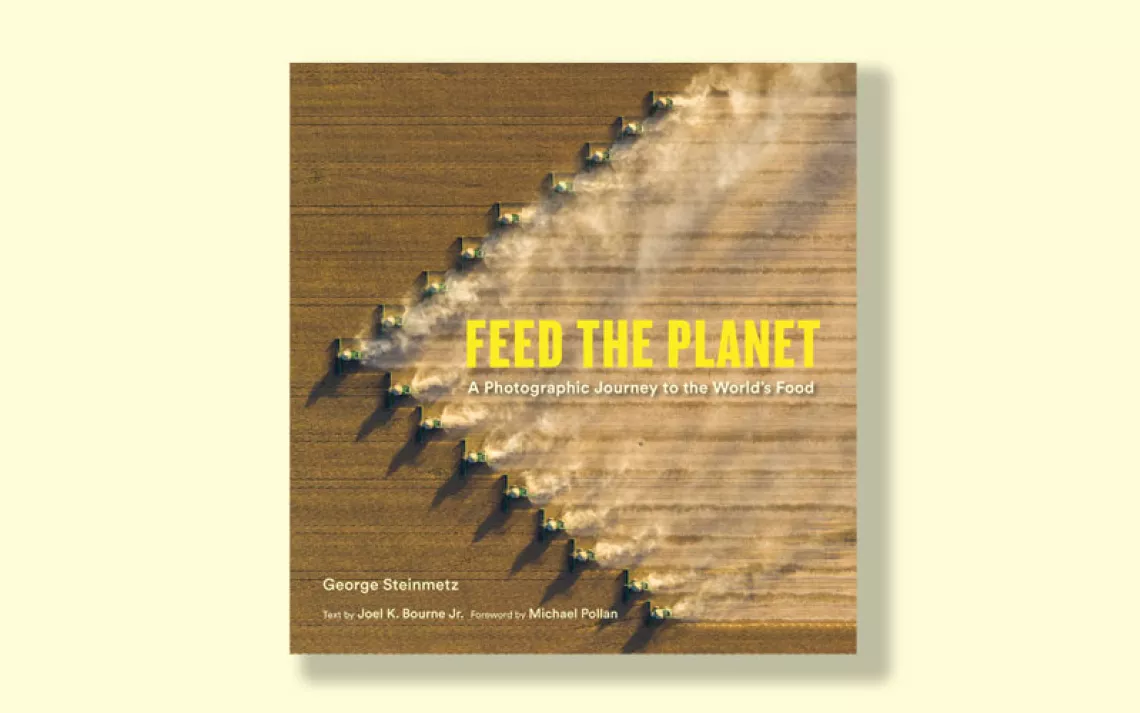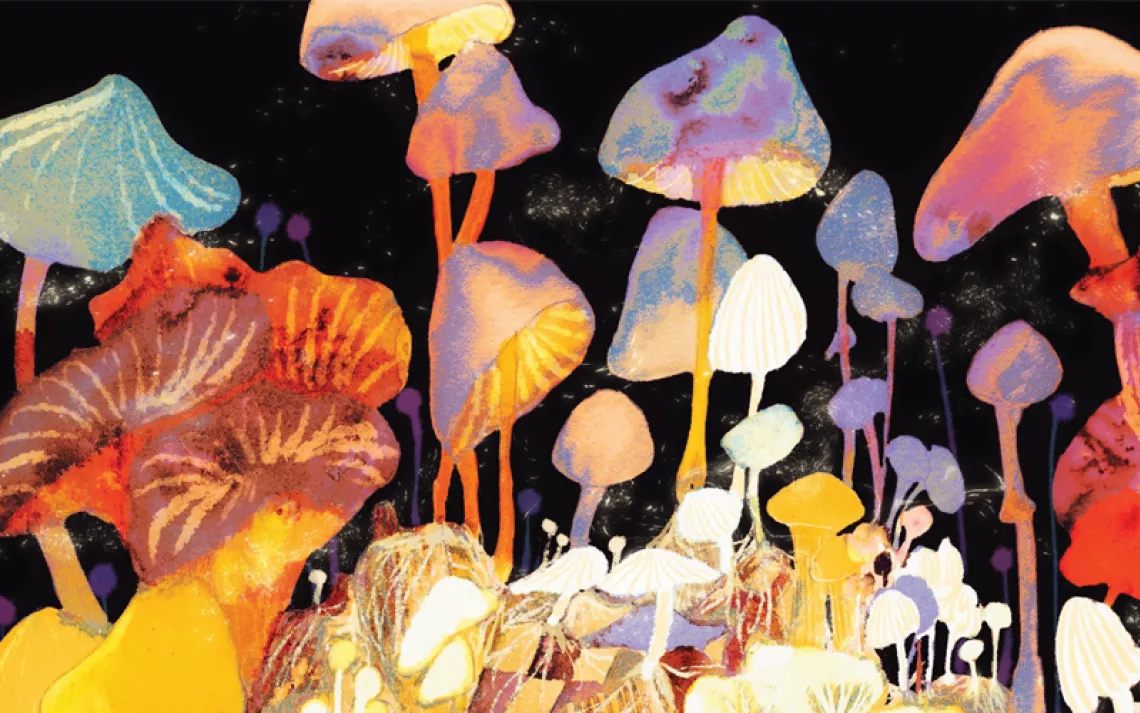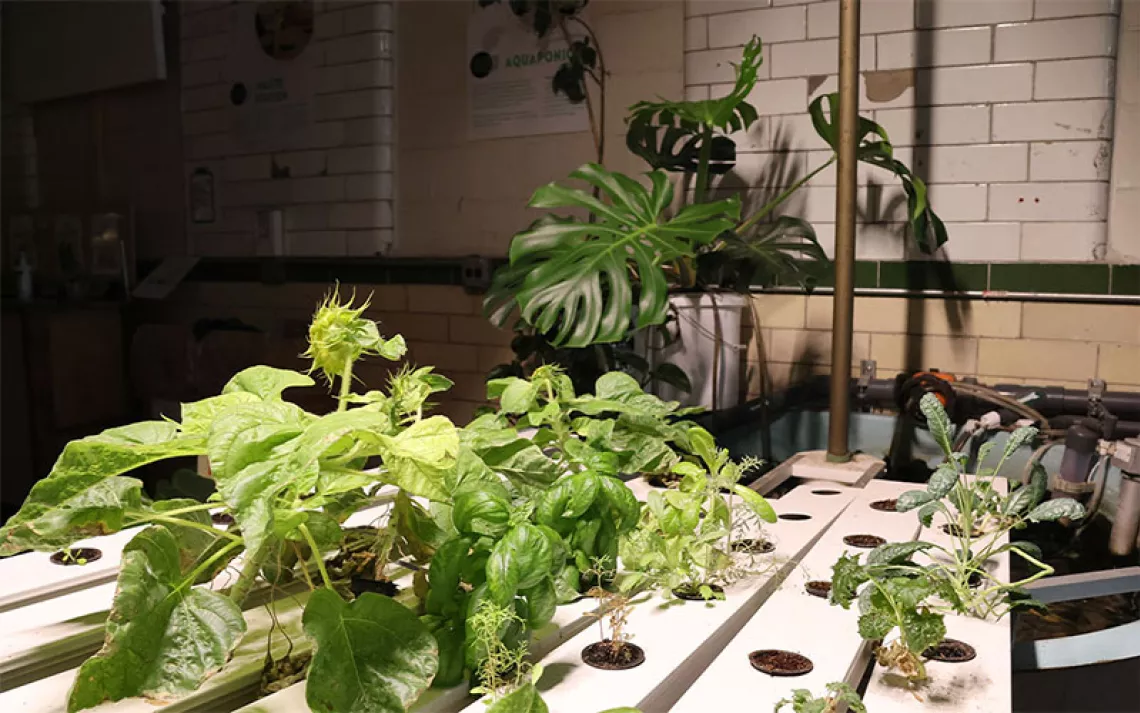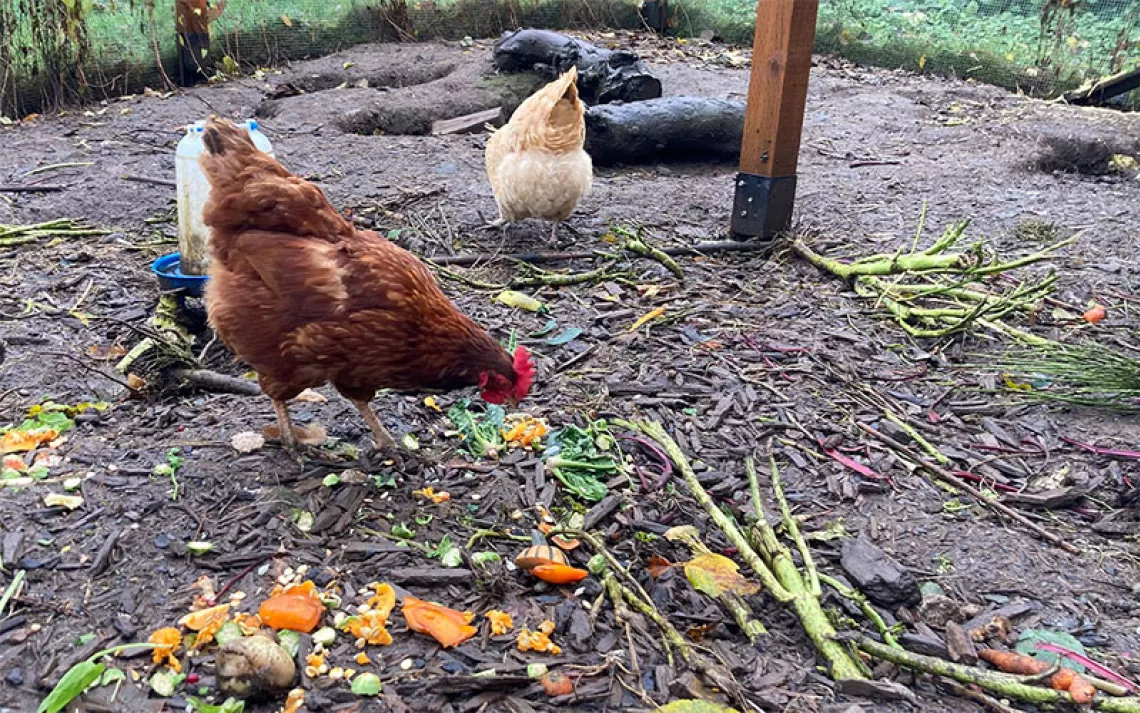Hey Mr. Green, What Does "Organic" Mean, Anyway?
Mr. Green breaks down the meaning of "organic."

Photo by amphorota/iStock
Hey Mr. Green,
What exactly is "organic food?"
--Faig in Baku, Azerbaijan
The U.S. Department of Agriculture, which controls the familiar green-and-white USDA organic label, has strict standards forbidding synthetic fertilizers, genetically modified crops, irradiated food, sewage sludge, synthetic pesticides, and food additives, unless they are deemed safe by its advisory board. Livestock can eat only organically grown feed, must not be given antibiotics or hormones, and must have access to the outdoors. Foods with multiple ingredients must be 95 percent organic, excluding water and salt.
Certified inspectors visit about 30,000 U.S. and foreign farms and food-processing plants a year to enforce the rules. If they uncover infractions, they bust and fine the perps, fire crooked certifiers, and ID them online. While watchdog groups like the Organic Consumers Association (OCA) say the system is generally reliable, it does have serious flaws: China's inspection is so unreliable that some organic fans won't buy its organic-label products. And the USDA advisory board's authority has recently been weakened, which threatens to erode the standards.

Sign up to receive Sierra News & Views
Get articles like this one sent directly to your inbox weekly.
With this action you affirm you want to receive Sierra Club communications and may vote on policy designated by the Sierra Club Board.
Many small organic operators no longer even use the organic label. Farmers grossing less than $5,000 a year can be certified for a small fee, but are exempt from inspections, while those grossing more must pay for certification. The OCA would like to see the exemption ceiling raised to $25,000 to make smaller organic producers more visible. As for you home gardeners--the smallest, least visible but most local of all organic producers--keep on diggin'.--Bob Schildgen
 The Magazine of The Sierra Club
The Magazine of The Sierra Club



